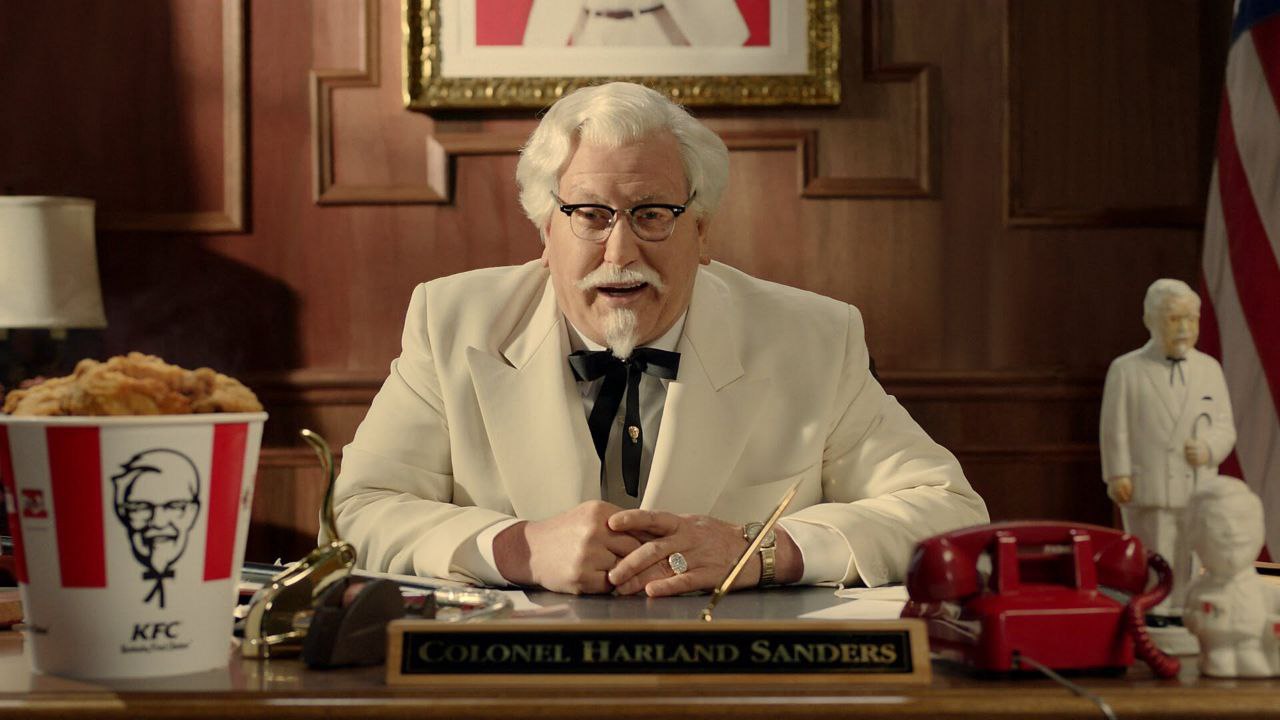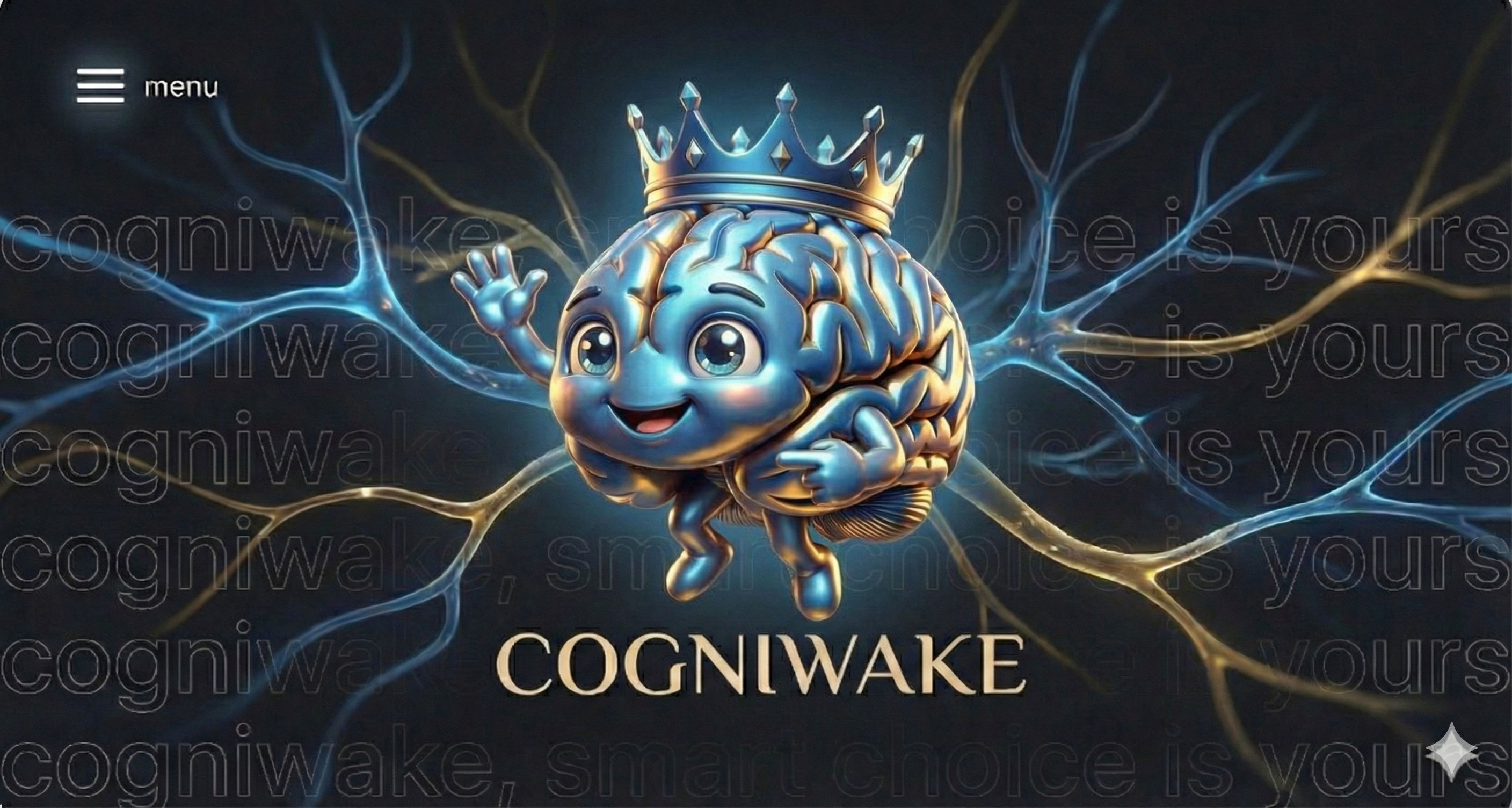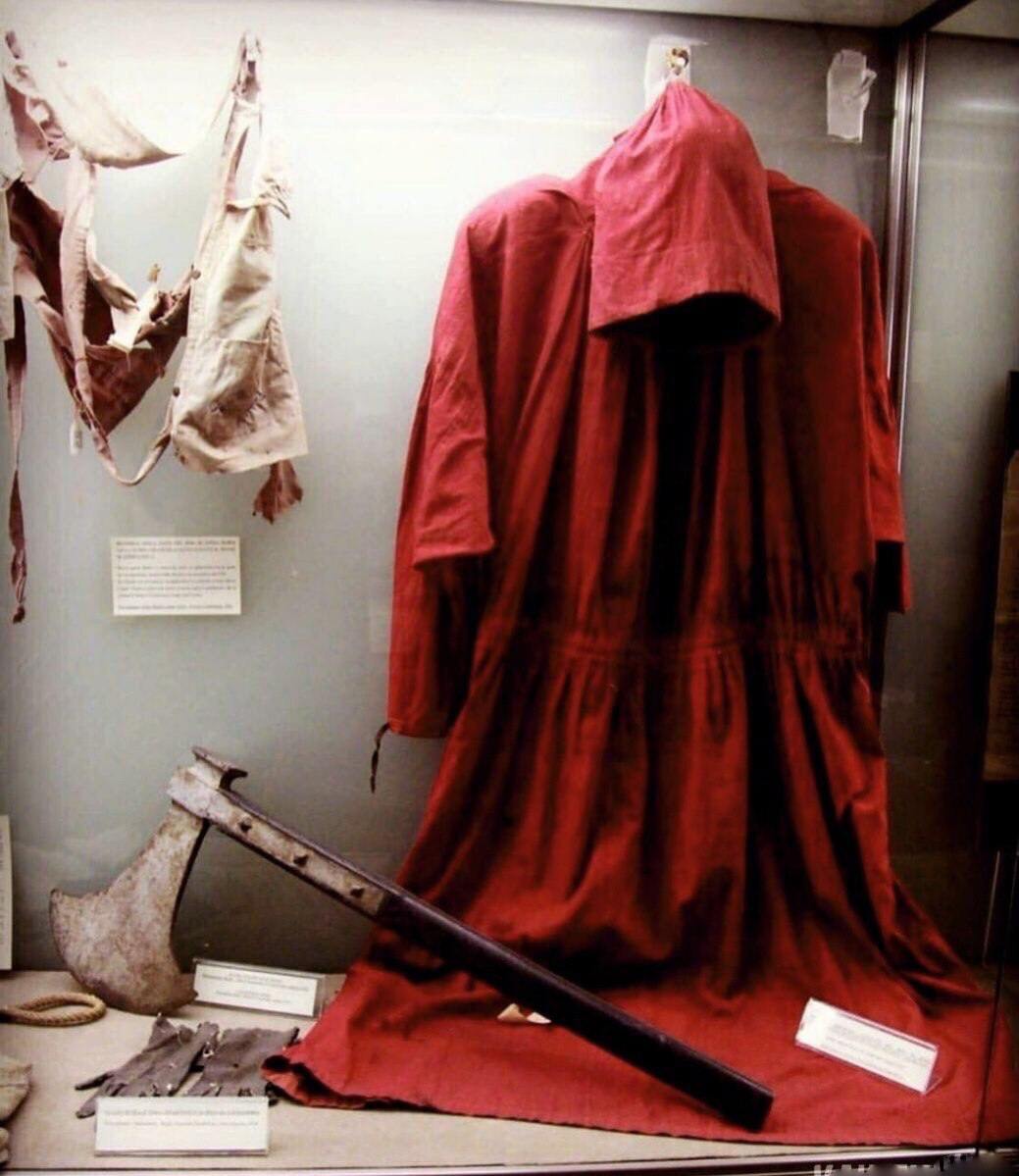Back
Dr Sarun George Sunny
The Way I See It • 1y
In 2015, the business world was buzzing with disbelief over a move that sounded more like the plot of a feel-good movie than reality👀. Dan Price, the CEO of Gravity Payments, a small credit card processing company in Seattle, had just announced something radical. He was cutting his own $1.1 million salary to $70,000 a year. The reason? So every single one of his 120 employees could earn at least $70,000 annually.🙌 The idea didn’t come from a corporate strategy meeting or a PR stunt. It came from a conversation with a close friend. She was smart, hardworking, and full-time employed—but no matter how hard she tried, she couldn’t get ahead. Rising rents, bills, and the cost of living kept her trapped in a cycle of stress and exhaustion. For Dan, it was a wake-up call. If she was struggling despite having a job, what about his own employees? How many of them were quietly drowning in similar circumstances? The decision wasn’t easy. Critics were quick to call him reckless. They predicted his business would collapse under the weight of increased salaries. Some even accused him of pandering or chasing fame. “Gravity Payments will go bankrupt within months,” one financial expert proclaimed. Even some of his employees doubted whether it would work. But Dan wasn’t in it for applause. He believed in something simple: if you treat people well, they’ll rise to the occasion. And rise they did. Almost overnight, Gravity Payments transformed. Employees started buying homes, paying off debts, and starting families. Retention rates skyrocketed, and so did productivity. People came to work energized and ready to give their best because, for once, they felt seen, valued, and secure. Dan didn’t stop there. He stayed on his $70,000 salary, living modestly and pouring the company’s success back into its people. Within two years, Gravity Payments’ profits tripled. The same critics who had called him foolish were now hailing him as a visionary🔥. His story sparked a global conversation about what leadership and fairness could look like in a world often defined by greed. Dan Price wasn’t just another CEO. He was a kid from rural Idaho who built a company from scratch at the age of 19. But more than that, he was someone who proved that business doesn’t have to be about taking—it can be about giving, too. And that sometimes, betting on people is the smartest decision you’ll ever make.
More like this
Recommendations from Medial
CEO Dr Abhishek Bhatt
World wide daily new... • 1y
Once upon a time, in the bustling city of Delhi, there was a man named Dr. Abhishek Bhatt. Not only was he a CEO of a successful company, but he was also a PhD history gold medalist from Delhi University. His intellect and wit were unmatched, making
See MoreThe unknown entrepreneur
I'm a Student who is... • 1y
Crazy things 1/5 This kid was saved because of chatgpt. He was taken to seventeen doctors but none of them could not diagnose what he had . But chatgpt did it . The kid's name is Alex, and he was dealing with chronic pain for 3 years . Her mom took h
See More
Suman solopreneur
Exploring peace of m... • 1y
Sitting at a dealership, Ravi eyed a high-end vehicle of his dreams. Though he understood in his heart that it came with invisible chains—monthly payments and stress—he was able to afford it on paper. One lesson he remembered was that you can't
See MoreTanya Vaid
Entrepreneurship • 1y
1 month ago , I sat for campus interview for internships by one of Mohali based companies. The HR Was just too different. She was veryyy frank ; literally Saying anything she wants to .It was combined placement drive for BBA + MBA. First she divides
See MoreSanskar
Keen Learner and Exp... • 1y
MK Bhatia - the owner of Mits healthcare (a pharmaceutical company) gifted 15 cars to his employees whom he called as his Rockstar, Celebrity In this world where everyone is busy either exploiting employees or employees loosing trust in their compa
See MoreDownload the medial app to read full posts, comements and news.





















/entrackr/media/post_attachments/wp-content/uploads/2021/08/Accel-1.jpg)


















